
Signs Of A Bad Car Battery vs. Alternator
If you jumpstart your car and it runs just fine, the battery was likely dead and the alternator is operating correctly. If the lights are dim or the radio won't turn on, it's likely because the battery is bad. If the lights are bright at first but then go dark, your alternator is likely bad.
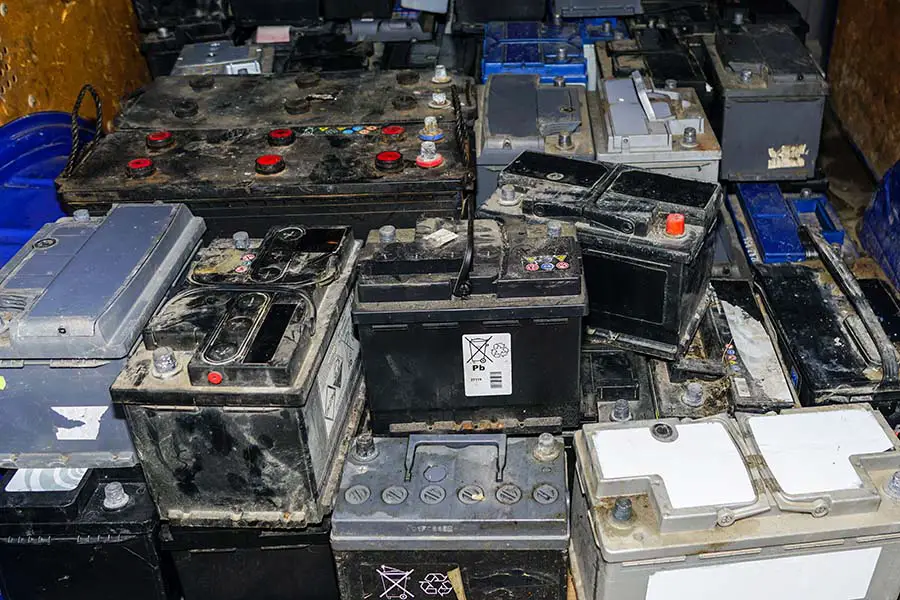
Signs Of A Bad/Dead Car Battery Vs Alternator How To Tell?
Odyssey Extreme Car Battery. Here are the common warning signs of a dead car battery. A clicking sound while trying to start the vehicle. Slow cranking situation— a "rurring" sound while trying to start the vehicle. The "check battery" light is illuminated on the dashboard. Dim or flickering lights.
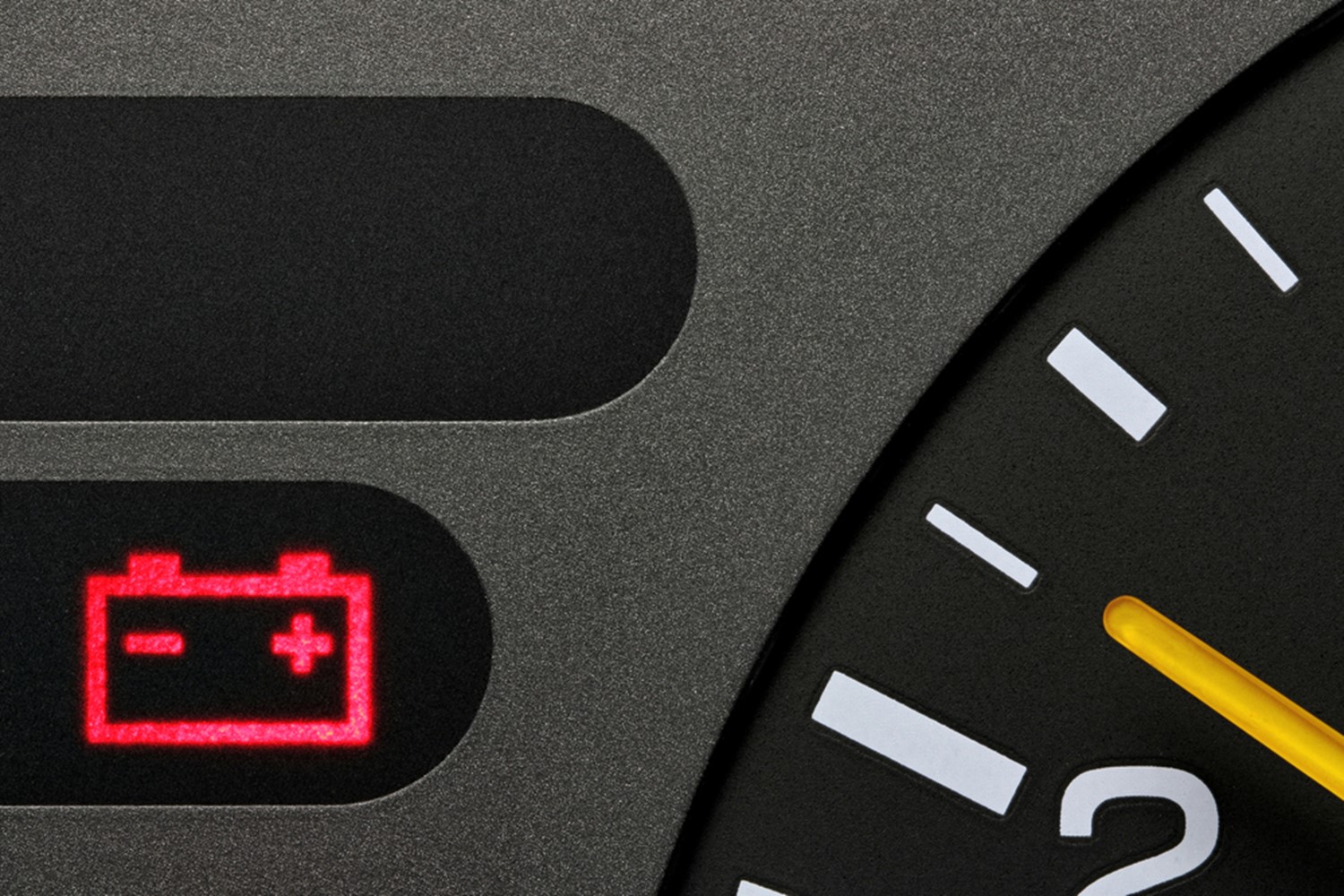
11 Warning Signs Your Car Battery is Dying
It smells like rotten eggs. Another symptom of battery problems is a foul odor, specifically a smell like rotten eggs. While a rotten eggs smell from your car can be due to other issues, a leaking battery often causes it. The smell comes from sulfuric gasses that leak out of lead-acid batteries.
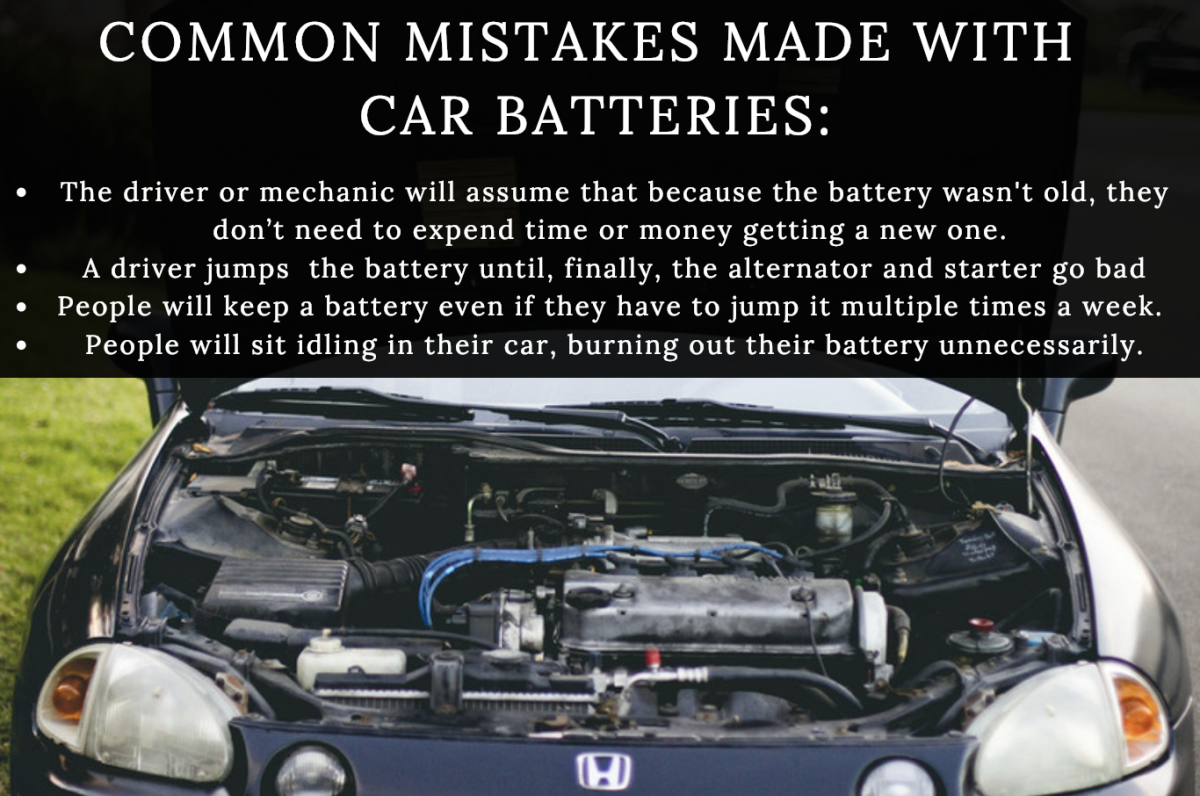
5 Signs Your Car Battery Is Dead (or About to Die) AxleAddict
A more visible symptom of a bad battery is swollen areas. A bulging or swollen battery case shows a frozen battery or hydrogen buildup inside the battery. An overcharging alternator is the primary cause of a swollen battery case. A battery that has elapsed its service lifespan can be the culprit.
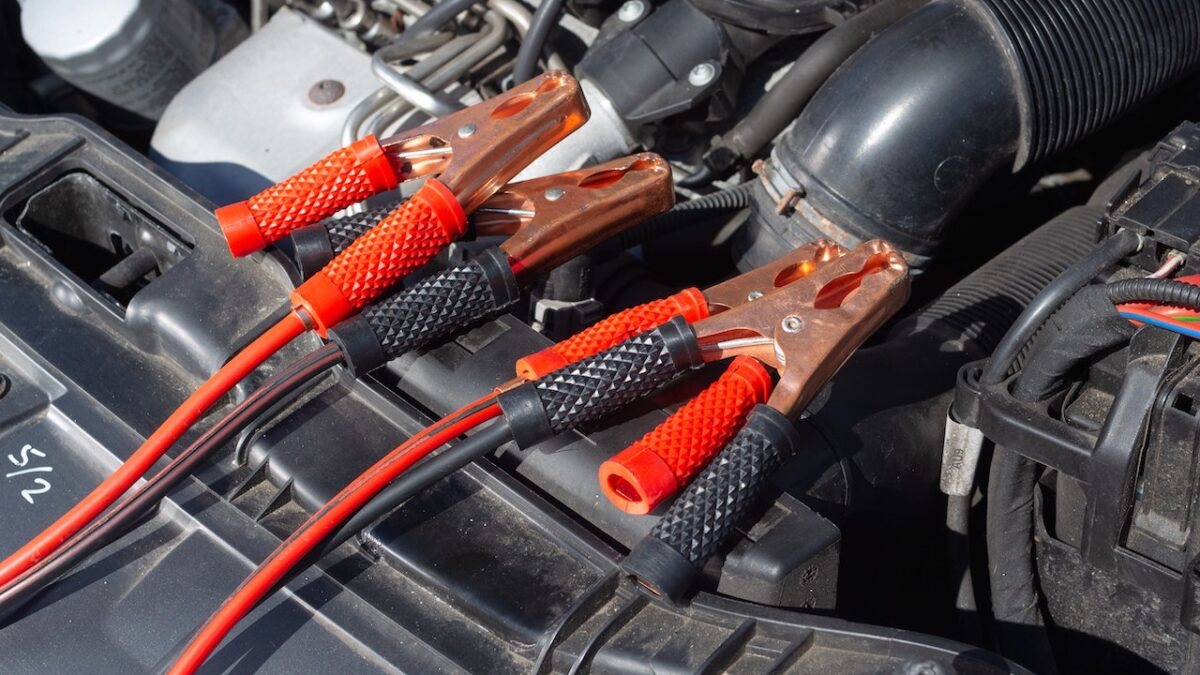
Signs of a Bad Car Battery vs Alternator How to Know the Difference
Below are the most common indicators of a faulty alternator. Warning Light. An obvious signal of a bad alternator is when the battery warning light or check engine light comes on. This happens when the alternator is not generating enough power to charge the battery or when there is a problem with the alternator itself.

Bad Alternator Symptoms VS Bad Battery YouTube
Here is a more detailed list of the signs of a bad car battery to look for: 1. Dim Headlights. The car battery is responsible for powering up the lights on the car. If the battery is dying, you might start to notice that the headlights aren't as bright as they once were. The brightness can be tough to notice at first.

Bad Battery Or Bad Alternator? How To Tell The Difference YouTube
Bad Smell: A damaged or leaking battery can emit a rotten egg smell. This odor is due to the sulfur that can leak from a battery. If you notice this smell, it's essential to check the battery and its vicinity for any leaks or damage. Key Point: A rotten egg smell can indicate a damaged or leaking battery. 10.

Bad alternator symptoms & How to tell YouTube
Figuring out if it's a bad alternator vs bad battery can be done with the signs above. But if you're still unsure about reading the signs of a bad alternator or dead battery, it doesn't hurt to get your car looked at by a professional who can help. While having car issues can be a drag, you want to stay safe while on the road.

Signs of a Bad Battery vs Bad Alternator Progressive
5 signs a car battery is dead. Not every battery will signal its impending failure, but they may offer warning signs. So while a truly 'dead' battery is one that simply fails to start your vehicle, it's worth learning to recognise common indicators that a battery is on the brink of letting you down. Here's how to tell a car battery is dead:

List Of 10+ Signs Of A Bad Car Battery Vs Alternator
Signs of a bad car battery. If you hear a single tell-tale 'click' when trying to start your car, it's time to inspect your battery. A dirty, corroded or drained battery may well be at the root of your problem. Visually inspect your battery (and terminals) for corrosion or damage, and check that all cables are intact and connected as.
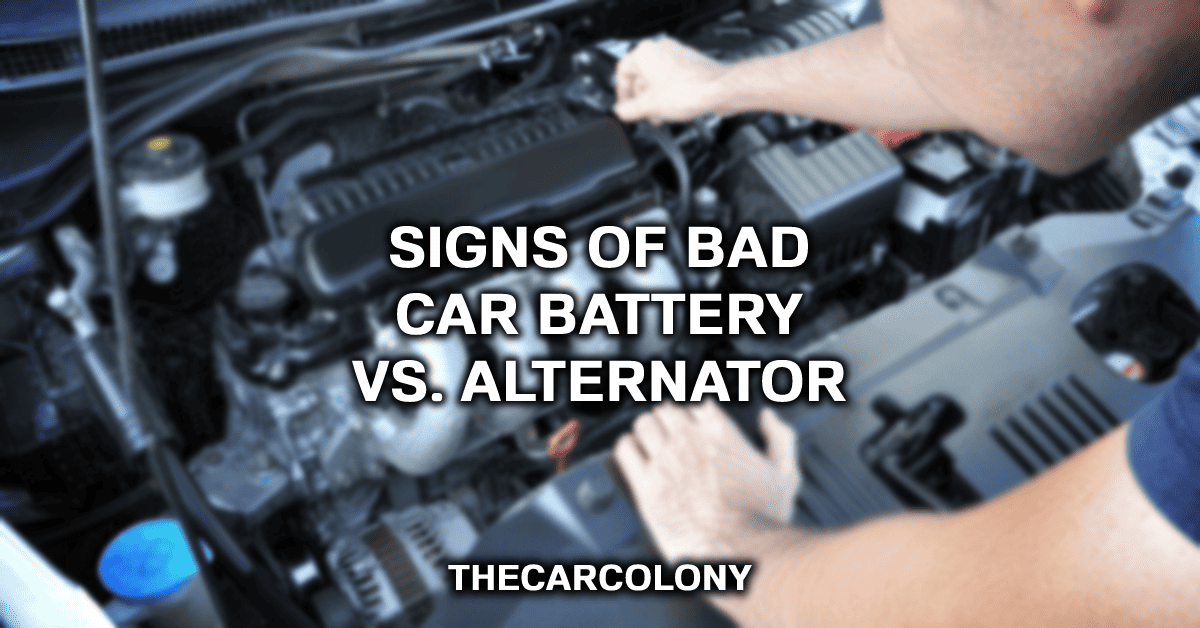
Battery Or Alternator How To Tell Which One It Is
Signs of a bad alternator. If the above steps reveal that the battery is working, it's time to take a closer look at the alternator. There are certain bad alternator symptoms to look for. Find out how to tell if your alternator is bad¹²: Dim interior lights. While running the car, note the brightness of the interior lights.
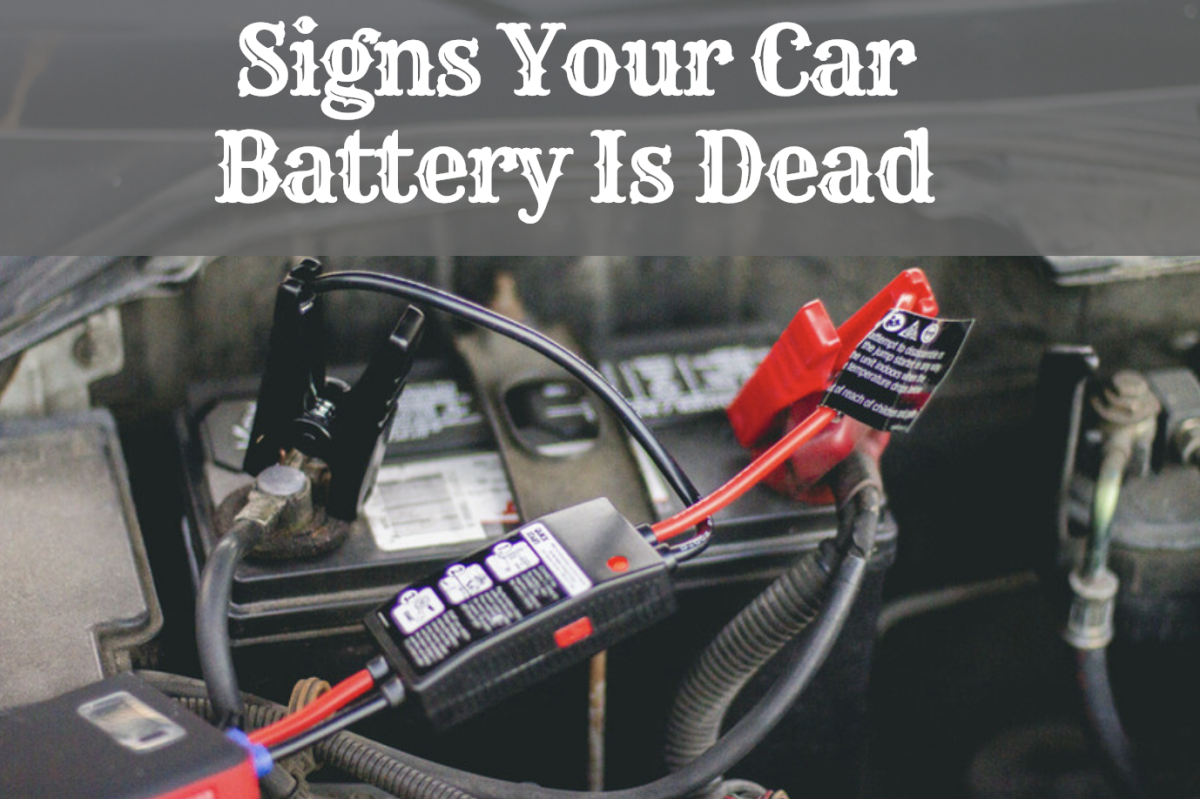
Five Signs Your Car Battery Is Dead (or About to Die) AxleAddict
2. Battery smells like rotten eggs. Normally, your car battery should be normal without any weird smells. However, when your battery goes bad, it starts leaking acid. As the acid leaks from the battery, hydrogen sulfide gas is also produced which comes and the battery smells like rotten eggs. 3.
Is It a Car Alternator or Battery Problem How to Tell Car Part
If the battery symbol on the dashboard turns on, it's a sign of a faulty charging system. But if the car's lights and electrical components continue functioning normally, you have a bad alternator. 4. Dead battery. If you have just installed a new battery, and it dies suddenly, it might mean your alternator is faulty.

Know The Difference Between A Bad Alternator And A Bad Battery
Signs of a bad car battery vs. bad alternator. The battery gives your vehicle the juice the engine needs to crank daily. When the battery starts to go bad, you can easily replace it. On the other hand, a bad alternator fails to recharge your battery as the car runs. If the alternator goes bad, it'll cost more to repair than a dead battery.

Bad battery or bad alternator, how to tell the difference (brief
If there is a big drop in voltage from the time you tested it, you know there's an issue there. You can test your alternator by starting your car and using a multi-meter across the battery terminals to measure voltage If the voltage is between 13 and 14.5 volts, then your alternator is charging the battery. Further tests can determine if the.

Signs of a Bad Car Battery vs Alternator Learn the Difference
What Are Some Other Signs of a Bad Car Battery or Alternator That Were Not Mentioned in the Article? Common symptoms of a failing car battery or alternator include dim headlights, slow engine cranking, and intermittent electrical issues. It's important to know the difference between a dead car battery and a faulty alternator for proper diagnosis.